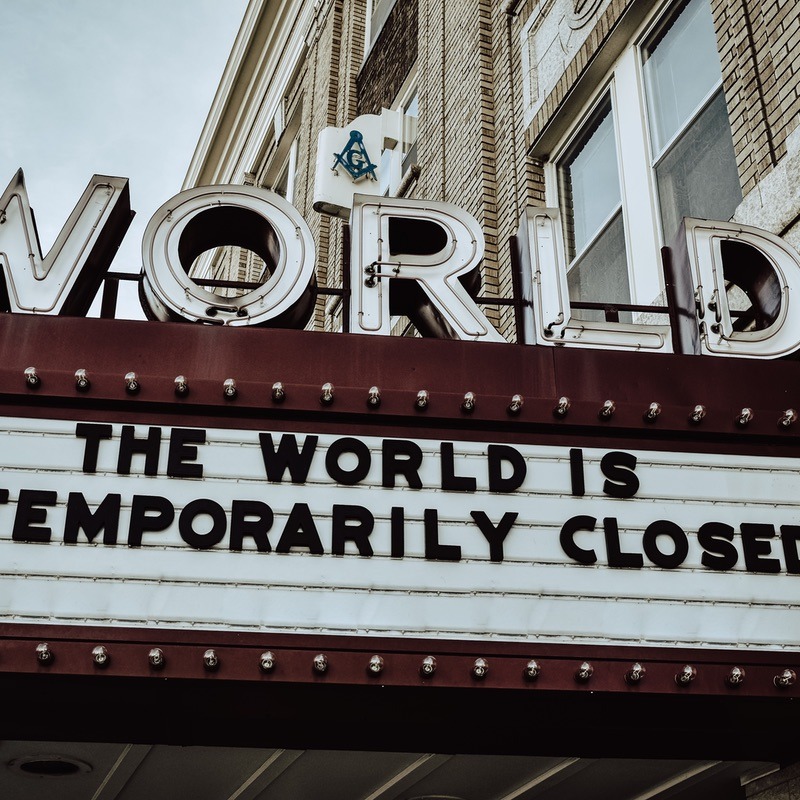Is Private Coronavirus Contact Tracing Information Being Sold?
October 13, 2023
Return to Learning Center

The Coronavirus pandemic is something that everybody is taking seriously and individuals and organizations are adjusting their business, and particularly theirCoronavirus privacy practices in many ways. Some of these changes to normal life are unambiguously great: you should always be washing your hands and in the long run this positive habit should help keep you healthier, cleaner, and happier. Some of these changes are of questionable necessity and impact: like various stores and malls and other locales wanting to gather your name, email, phone number, and many other bits of personal data before being allowed to enter in order to facilitate contact tracing and any local government requirements. This has very serious privacy implications for society going forward for a long time. And to top it off, these changes have second order effects and other followup changes possibly to the entire Constitution and legal structure.
Particularly in the UK which due to having different cultural norms on privacy with Big Brother and the cameras always watching the streets, privacy experts have noted a massive violation of rights after stored customer data collected by pubs and restaurants has reportedly been sold on to third parties and advertisers. Although the UK states that the information can only be kept for 21 days and must not be used for any purposes other than for NHS Test and Trace, everybody knows what happens when firms get access to data they can make money off of in today's day and age. A number of the data collection firms have reportedly created confusing and onerous privacy policies which allow them to store users' personal data for up to 25 years and share it with the third parties of their choice.
Though many low-tech bars and beauty parlors previously relied on pen-and-paper visitor logs even into 2020, QR codes have been widely adopted by the hospitality, leisure, and beauty industries very quickly to deal with the China virus plague so people didn't have to touch the same things constantly. The names, home addresses, phone numbers, emails, and other confidential information has been readily gathered and sold onwards to marketers, credit card companies, insurance brokers, and the like. There's a possibility that if you've gone out to some types of establishments that required your personal information and getting a load of fresh spammy texts or other marketing pitches that your data may have been sold on from them.
While you can't ultimately do anything about a business's data collection policies and requirements other than choosing not to use their services if you don't like their policies, it would be advisable to ask for their data collection and privacy policies before giving up your personal information. Know what you're signing and put them on the spot about what they'll do with your data. Read the fine print that you're given. These are rights as a person who is concerned about your privacy. The best way to protect your privacy is to protect your information from getting out in the first place by following normal privacy best practices. By doing this, you can keep your family safest, and limit your exposure to bad marketers. If they can't credibly answer information about what your data will be used for, you should make a decision on whether or not it's worth using them if you care deeply about your privacy rights.
We hope you enjoyed reading this guide and learned something new! Check out our Learning Center to learn more about online privacy and security or consider subscribing to our Online Privacy Service to remove your phone number, name, and address from Google, Bing, Yahoo, and DuckDuckGo search results and hundreds of data broker sites.
